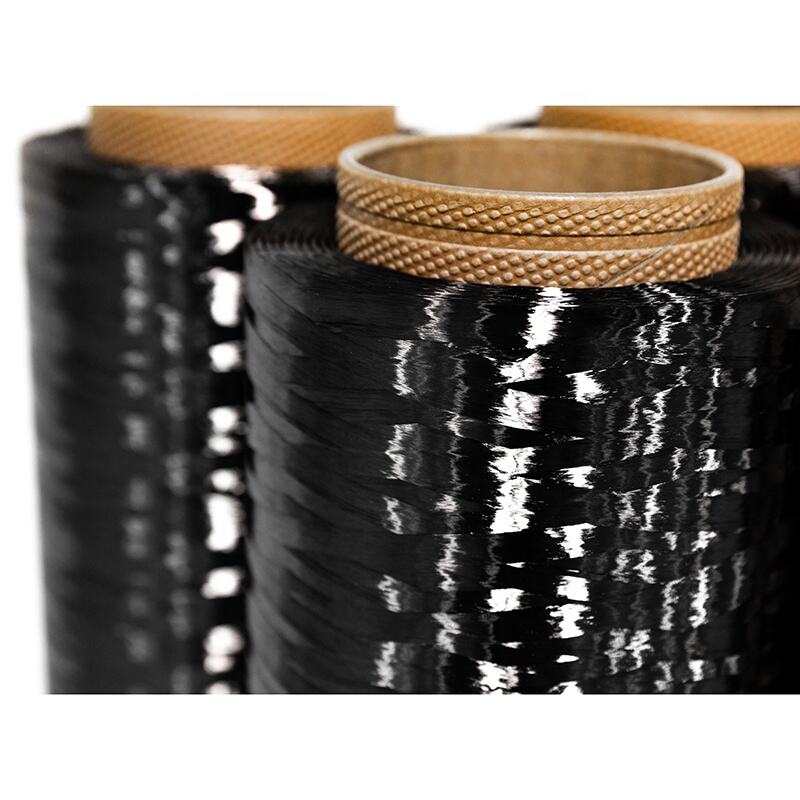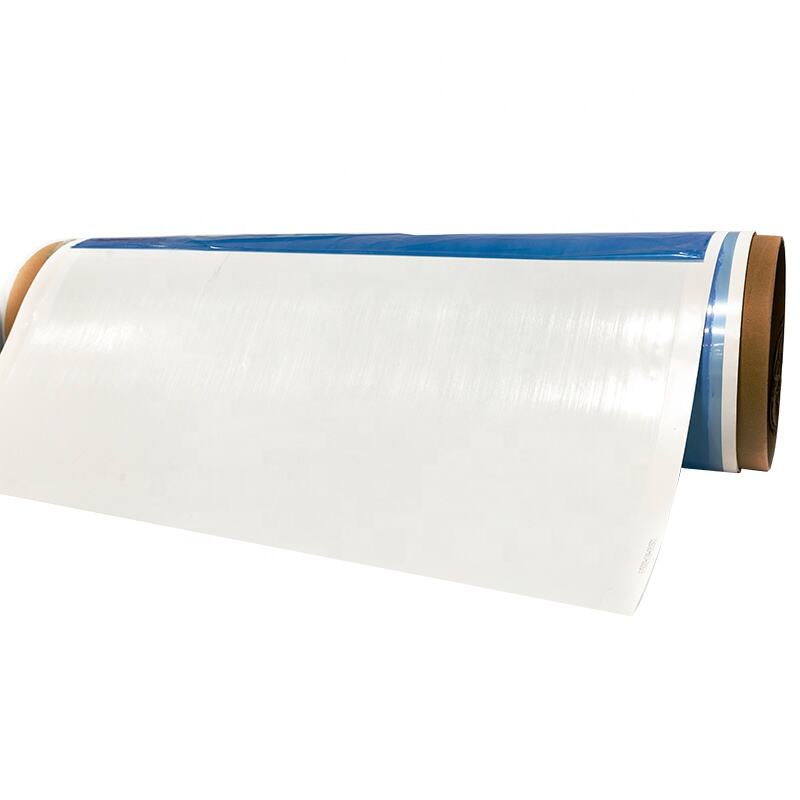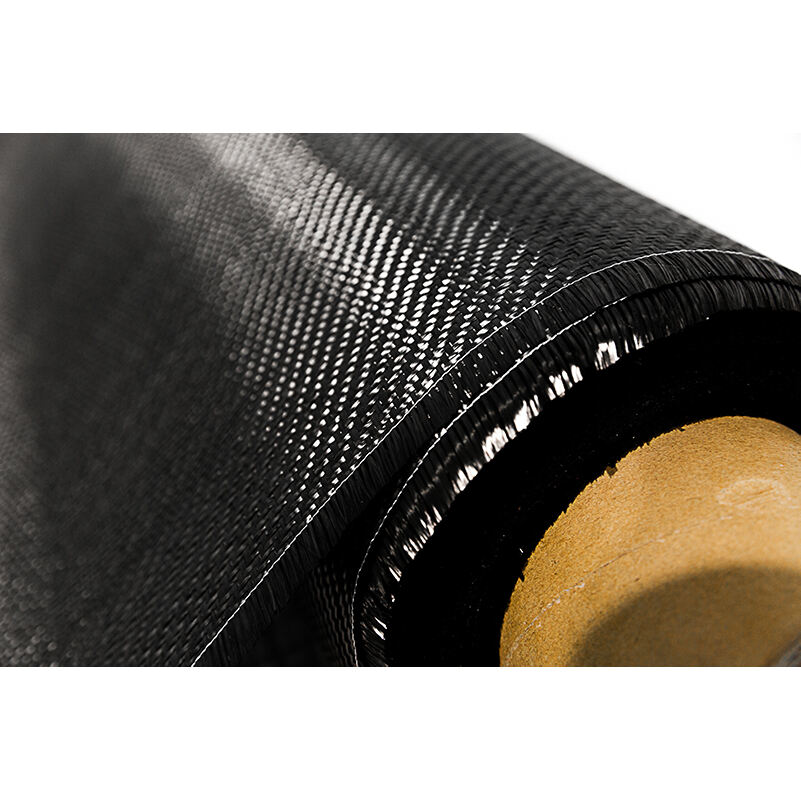carbon tubing
Carbon tubing represents a revolutionary advancement in materials engineering, combining exceptional strength with remarkably low weight. These cylindrical structures, crafted from carbon fiber composites, offer superior performance characteristics that make them invaluable across numerous industries. The manufacturing process involves carefully layering carbon fiber sheets and binding them with high-grade resins under precise temperature and pressure conditions. This results in tubes that exhibit outstanding mechanical properties, including exceptional tensile strength, rigidity, and resistance to environmental factors. Modern carbon tubes feature sophisticated design elements such as variable wall thickness, customizable diameters, and specialized surface treatments to enhance their functionality. These tubes excel in applications requiring high strength-to-weight ratios, such as aerospace components, high-performance sporting equipment, and industrial machinery. Their inherent resistance to corrosion and fatigue makes them particularly suitable for demanding environments where traditional materials might fail. The versatility of carbon tubing extends to its ability to be engineered for specific performance requirements, whether it's maximizing stiffness for structural applications or optimizing flexibility for dynamic uses.


